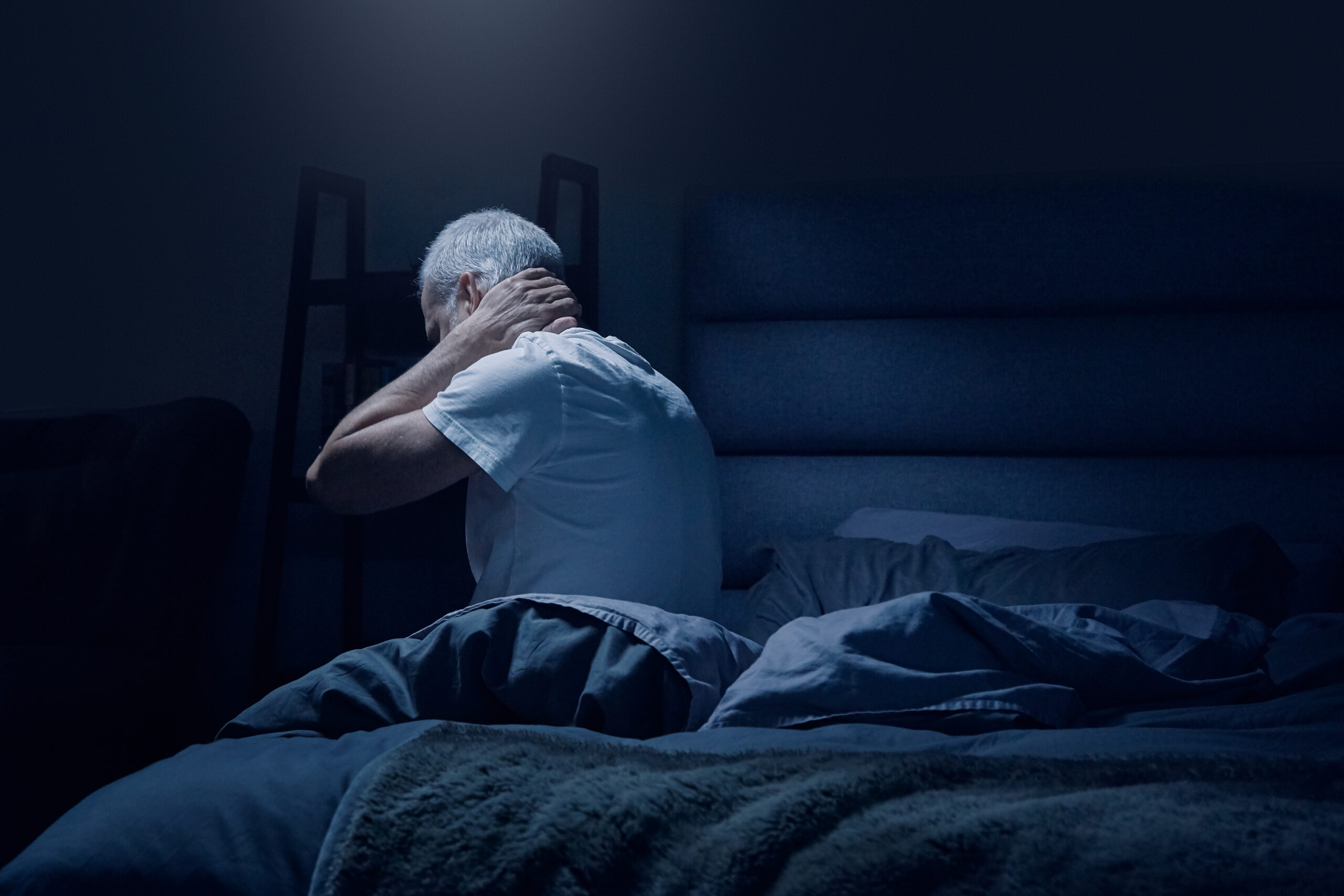A new study from the University of Copenhagen, Denmark has found a link between the use of hormone contraception and an increased risk of depression.
The study analysed more than one million women, aged between 15 to 34 years, living in Denmark, having no prior depression diagnosis from January, 1995 to December, 2013. Over this 18 year study, women were followed up on average every six years, and that data was then analysed from January 1, 2015 to April 1, 2016.
Overall, women aged 24 who used combined oral contraceptives had a 1.23 times higher risk of first use of an antidepressant, whereas women who used progestogen-only pills had a 1.34 higher risk. In particular, compared with non-users, adolescents aged 15-19 who used combined hormonal contraception had a 1.8 times higher risk of first use of an antidepressant, and those taking progestogen-only contraceptives had a 2.2 times higher risk. The relative risks generally decreased with increasing age.
Of the 55% of women who were current users of hormonal contraception, more than 23,000 were diagnosed with depression, and 133,178 were prescribed anti-depressants, all within the first year of using a hormonal contraception.
The number of studies investigating low-dose hormonal contraception’s on the risk for depression is very low, but the study’s author, Dr Øjvind Lidegaard, says their findings justify the need for further research into the potential adverse effects of the pill.
“Adolescents seemed more vulnerable to this risk than women 20 to 34 years old. Further studies are warranted to examine depression as a potential adverse effect of hormonal contraceptive use,” said Dr Lidegaard.



